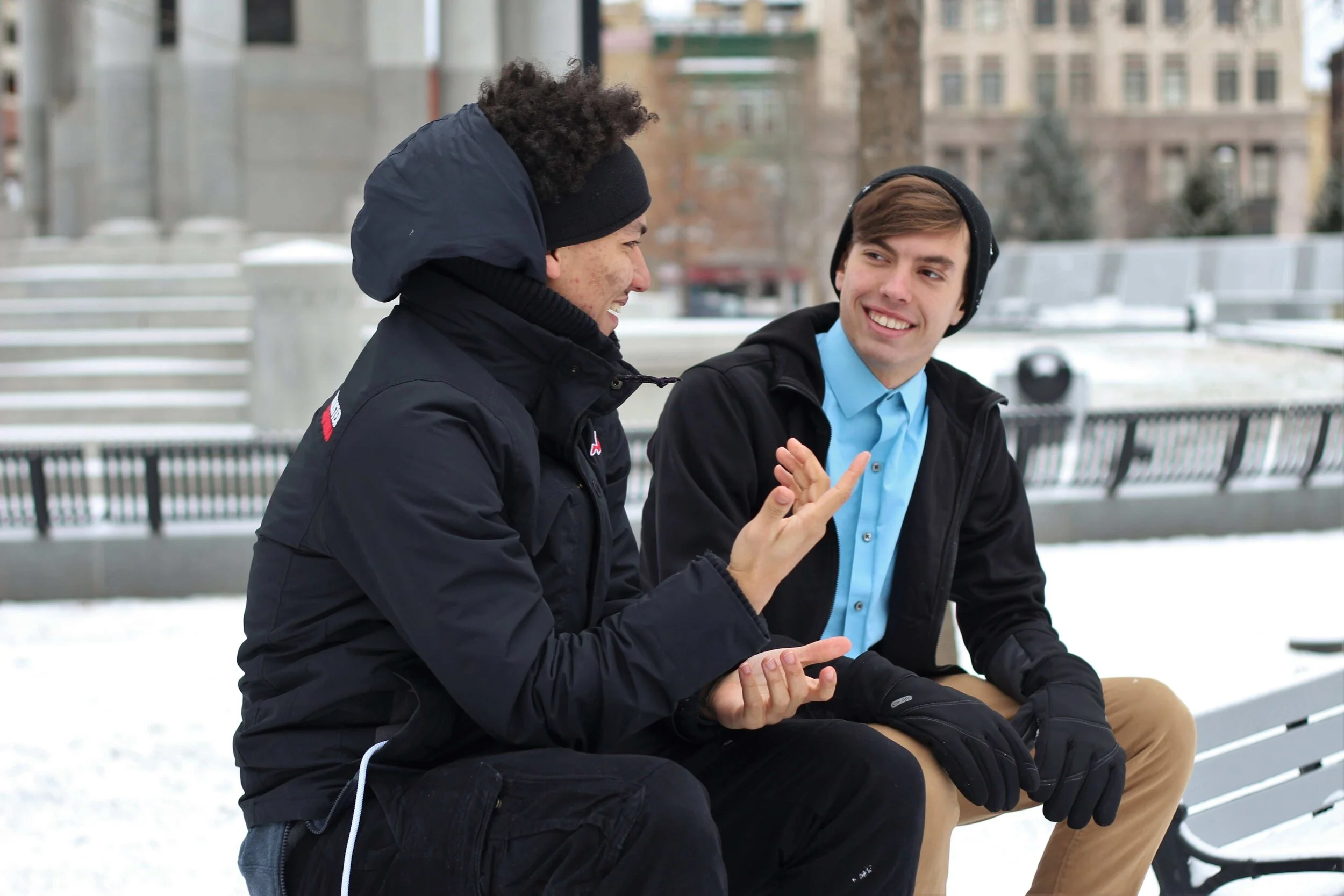Image: Neil Moralee, Flickr
Is Islam taking over the country?
North of Birmingham, one of the most diverse cities in the UK, are small towns and places where very few Muslims live.
Two of us had the privilege of spending a great evening with about 50 people wanting to hear about relating to our Muslim neighbours.
They were a really friendly bunch, with great hospitality, and good humour flowed.
However, as they themselves admit, the type of some of the questions that play out in their area are:
- Is Islam taking over the country?
- What about Al Qaeda? Terrorism?
- What does the future hold?
The lack of opportunity to engage with Muslim neighbours, and seeing large Muslim communities that seem to be a block of people that are hard to get to know, are two key elements in this.
In this setting, facts like the percentage of Muslims in the country and the Muslim responses against terrorism are important, but not all that’s needed.
To go further we need to point to opportunities for actually getting to know Muslim neighbours.
Or, where that is not practical, to show positivity about our own relationships.
One of Mahabba’s sayings is 'face the facts, don't fuel the fear'.
We need to feed that back to those people in areas of the church who don’t have opportunity to get to know Muslims and help set the tone of love and grace.
YOUR TURN
Do you want to find out more about Islam and Muslims? Request someone from Mahabba to come and speak at your church.












